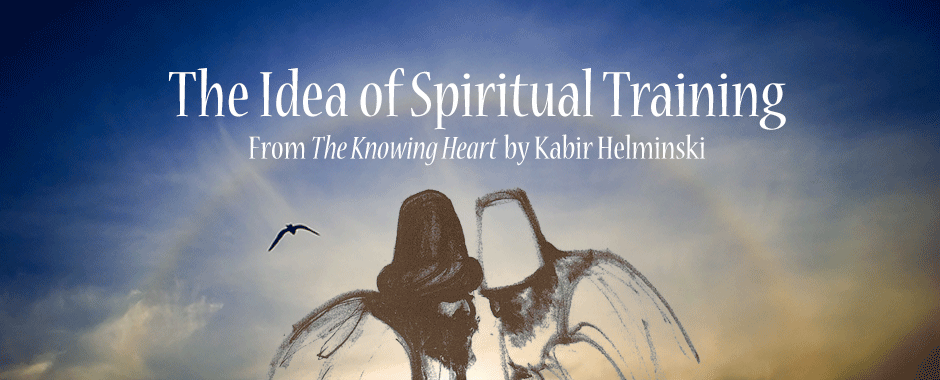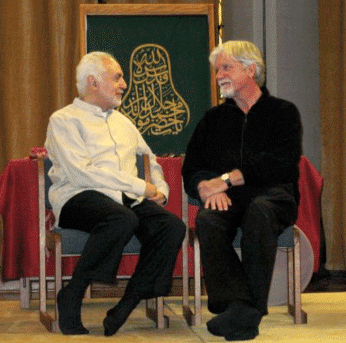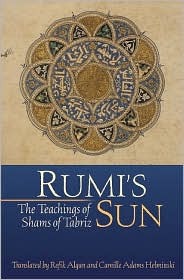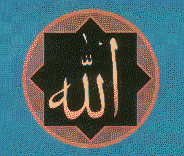The Idea of Spiritual Training
From The Knowing Heart The role of a Sufi teacher in modern culture is analagous to an athletic coach who would like to train people to develop their abilities to an Olympic level. He would have been educated for this and have the appropriate degree. Without necessarily being the greatest athlete himself, he would be [...]







